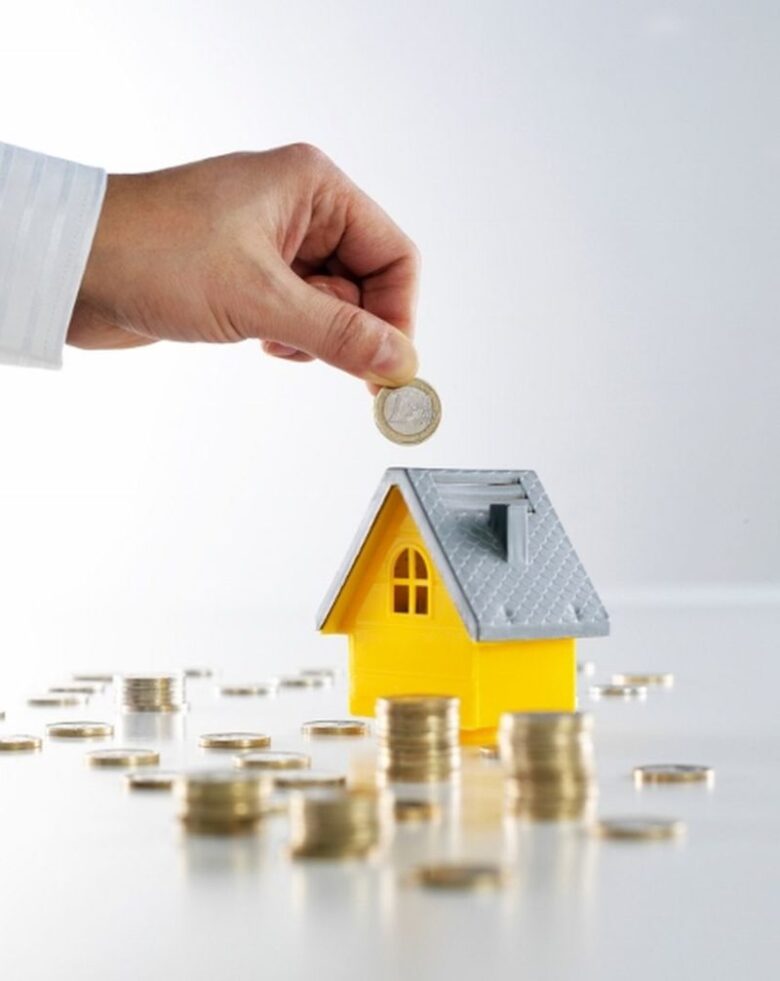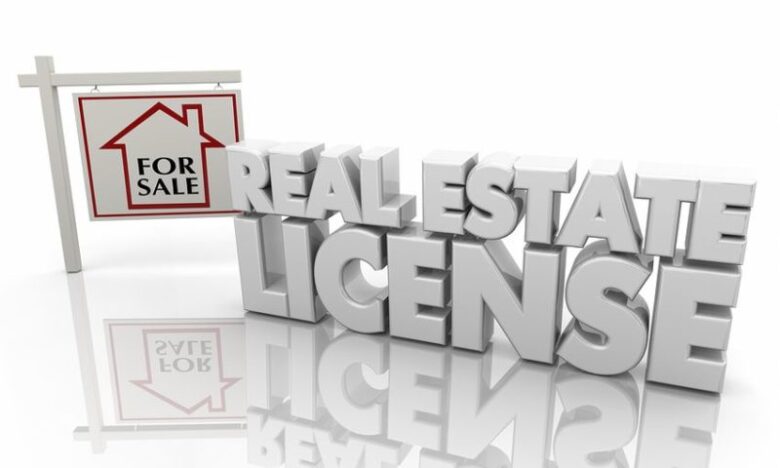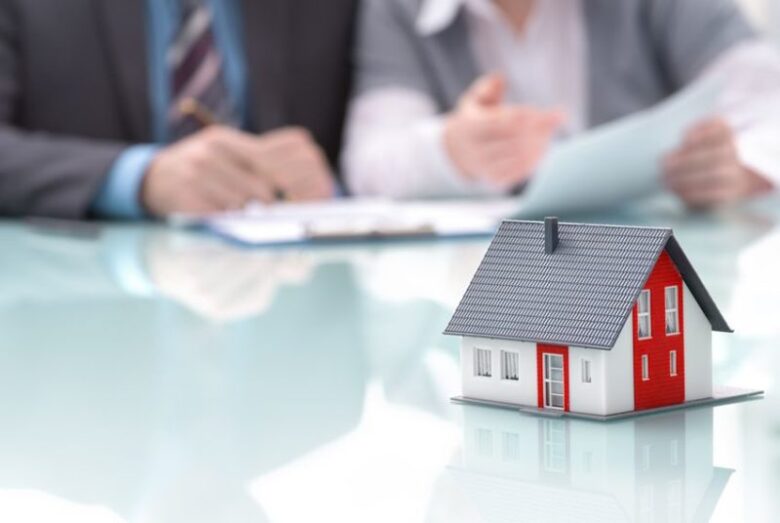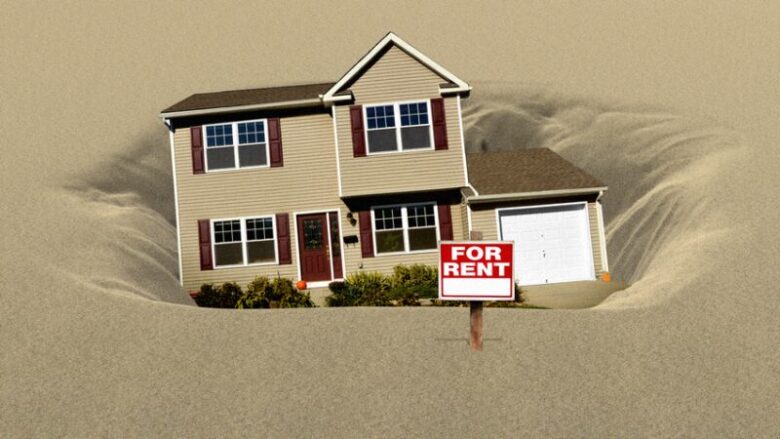Have you ever thought about investing in real estate? It can be a lucrative side opportunity, or even a full-fledged career, and there are many ways to get involved. For example, you could invest in rental properties, hoping to make more in rental income than you’re spending in property upkeep.
You could invest in low-cost properties in neighborhoods on the rise, hoping to generate a long-term profit. You could even buy properties in shambles and fix them up, “flipping” them for a quick profit. You can get some inspiration from professional house flipper Than Merrill on Instagram. However, keep in mind that it is a lot harder to make money this way than it looks like on the many house flipping shows on TV.
The question is, if you have no experience, how can you get started down this path?
Choosing a Goal

First, you should evaluate your current goals, as these will direct your actions as you delve deeper into real estate investment strategies. For starters, are you getting involved because you want to make money, or because you like the idea as a hobby, or some blend of the two? Are you interested in making a career out of this, or do you see this merely as a way to diversify your investment portfolio? Are you more interested in short-term profits, long-term profits, or recurring cash flow?
You won’t need much experience in real estate to think about these high-level objectives. Once you have one or a few objectives to follow, you can use those objectives to define your strategy. For example, is it better to gradually add rental properties to your portfolio, or focus on buying and selling one property at a time? And how much time will you be dedicated to your strategy?
Getting a Real Estate License

Depending on your circumstances, it may be in your best interest to get a real estate license. You aren’t required to have a real estate license to buy, sell, or manage properties, but it can make your life significantly easier. With a real estate license, you’ll have early access to potential deals, and you won’t need to constantly rely on the help of agents to close your transactions. You can also make money on the side by helping other people close their real estate deals.
According to RealEstateU, getting your real estate license is easy, and you can do it online. Different states may have different requirements, but you can generally get your license for just a few hundred dollars, once you’ve taken a few dozen hours of classes.
Finding a Mentor

With or without a real estate license, it’s in your best interest to find and work with a mentor. It takes experience and insight to find good deals, so rather than gaining that experience through your own mistakes, you can get the experience secondhand from someone who’s already been there. Head to local real estate investing meetups, or talk to agents in your area. If you’re respectful and polite, they’ll probably be more than willing to teach you a thing or two, or let you tag along to their meetings and opportunities.
Meeting with new mentors also serves a secondary purpose: building your network of other real estate investors. That way, when it’s time for you to sell a property, you’ll have plenty of people to contact. It’s also useful for trading tips on promising opportunities.
Improving Your Knowledge

The more you know about real estate (and peripheral topics related to real estate), the more successful you’re going to be, so spend some serious time doing research and expanding your knowledge base. For example, you may want to learn about the basics of siding and roofing, so you can better evaluate the condition of the homes you visit. Or you could learn about wiring and electricity, so you can repair or even rewire the houses you buy yourself—saving hundreds to thousands of dollars in the process.
Learning to perform your own property maintenance is also important, especially if you plan on owning rental properties. For example, you’ll need to know how to inspect your home for damage during seasonal changes, how to maintain and repair your HVAC unit, and how to fix little issues related to appliances or plumbing. Over time, this can save you a ton of money.
Making Your First Deal

When you’ve had some secondhand experience and you’ve spent some time expanding your knowledge, you’ll be ready to make your first deal. As long as you have a few thousand dollars and some way to find good deals (like a real estate license), you should have no trouble finding a worthy property to purchase. You’re going to make lots of mistakes along the way, and your first property may not be as profitable as you wanted it to be, but remember that this is an ongoing learning experience; the more involved you get, the more skilled you’ll become.



